
When Retraction Watch began in 2010, our co-founders Ivan Oransky and Adam Marcus quickly realized they couldn’t keep up with the hundreds of retractions that appeared each year. And the problem has only gotten worse — although we’ve added staff, the number of retractions issued each year has increased dramatically. According to our growing database, just shy of 1,000 retractions were issued last year (and that doesn’t include expressions of concern and errata). So to get new notices in front of readers more quickly, we’ve started a new feature called “Caught our Notice,” where we highlight a recent notice that stood out from the others. If you have any information about what happened, feel free to contact us at [email protected].
Title: Diabetes and Overexpression of proNGF Cause Retinal Neurodegeneration via Activation of RhoA Pathway and Diabetes-Induced Superoxide Anion and Breakdown of the Blood-Retinal Barrier: Role of the VEGF/uPAR Pathway
What caught our attention:
Continue reading Caught Our Notice: Another retraction for researcher paid $100k to leave uni
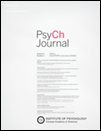 The authors of a 2017 paper on emotional and behavioral gaps between boys and girls have retracted the article after discovering a coding error that completely undermined their conclusions.
The authors of a 2017 paper on emotional and behavioral gaps between boys and girls have retracted the article after discovering a coding error that completely undermined their conclusions. 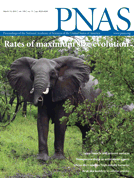
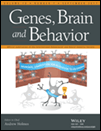
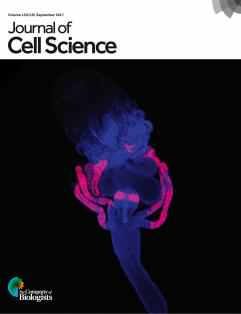 A journal has published an expression of concern (EoC) for a paper on cancer genetics in mice, over a concern about data in some gel panels.
A journal has published an expression of concern (EoC) for a paper on cancer genetics in mice, over a concern about data in some gel panels. 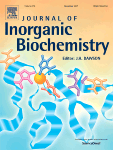


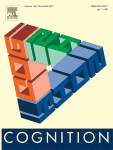 A social psychologist has retracted a second paper that contains “fabricated or manipulated data.”
A social psychologist has retracted a second paper that contains “fabricated or manipulated data.”